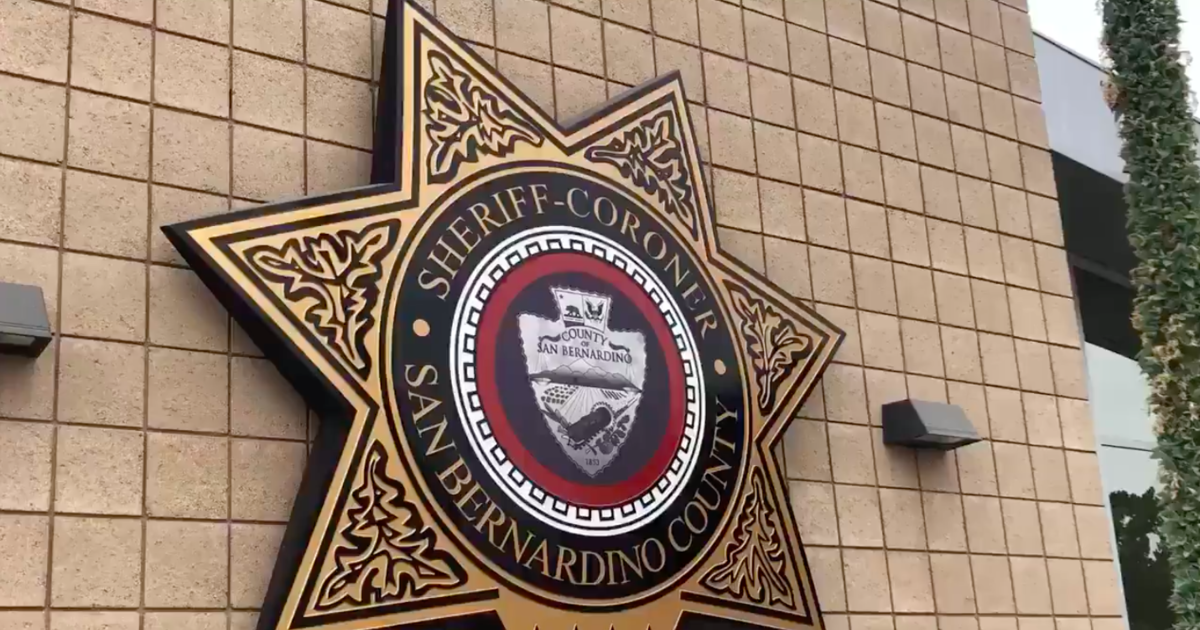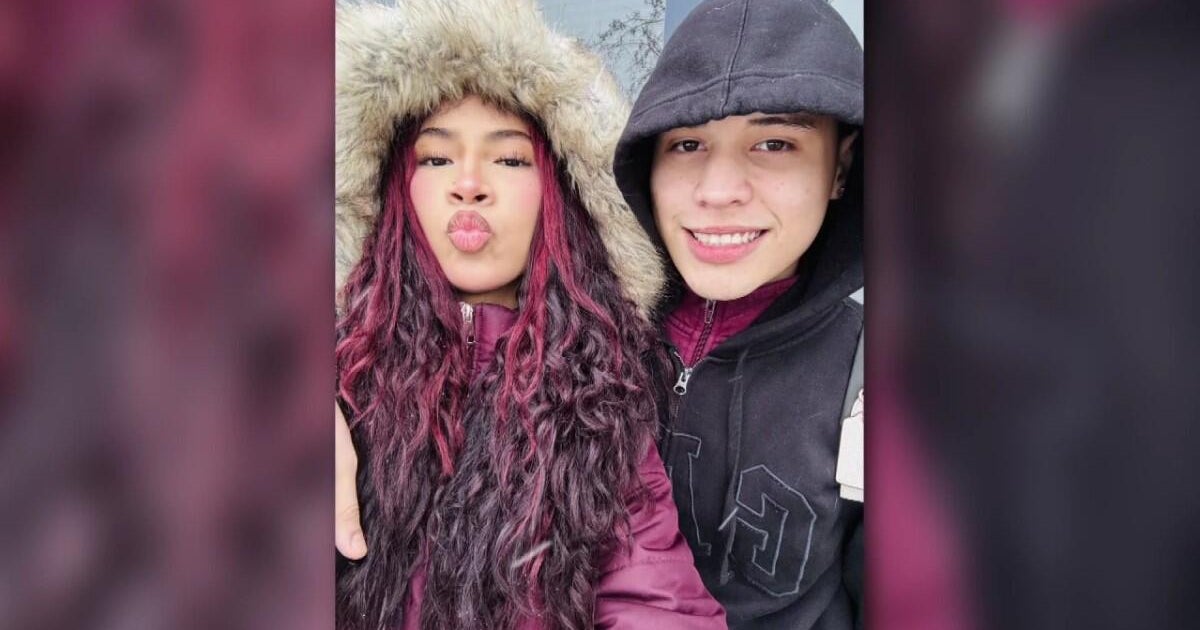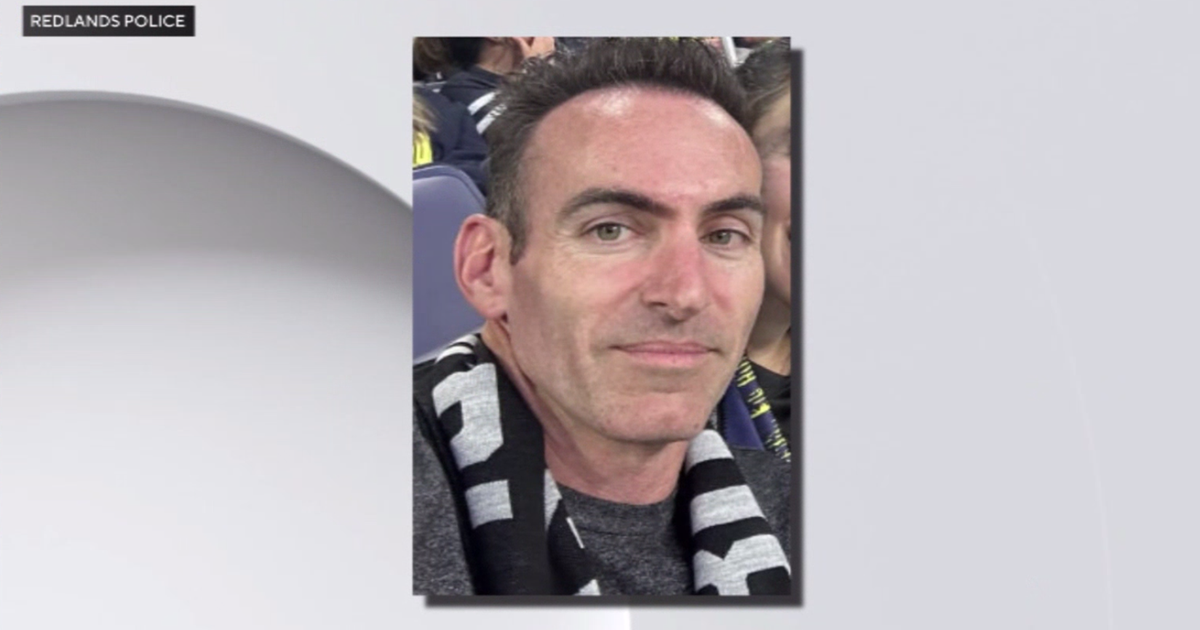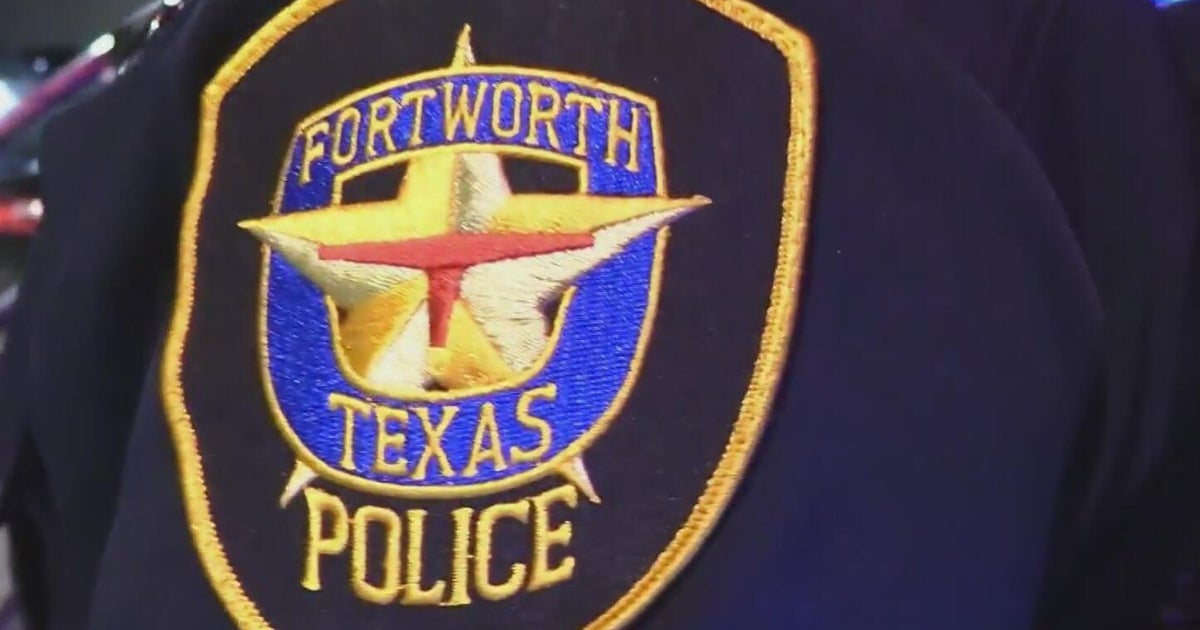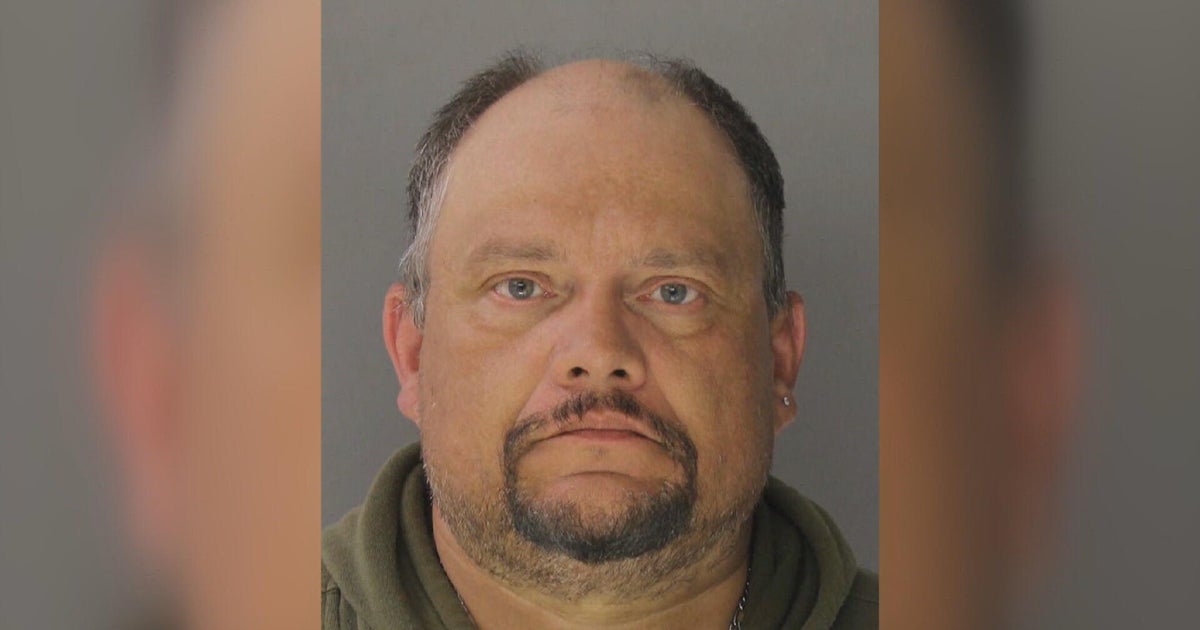UnitedHealthcare CEO murder suspect Luigi Mangione in maximum security as New York grand jury hears evidence
NEW YORK -- A New York grand jury is beginning to hear evidence in the case against Luigi Mangione, the suspect in the killing of UnitedHealthcare CEO Brian Thompson, according to a person familiar with the matter.
Prosecutors from the Manhattan District Attorney's Office started presenting the case Thursday, seeking to indict Mangione for the fatal shooting on Dec. 4 in Midtown Manhattan, CBS News has learned. The DA's office declined to comment on the grand jury proceedings due to confidentiality.
New York Gov. Kathy Hochul said she has spoken with Pennsylvania Gov. Josh Shapiro multiple times to make sure Mangione is extradited quickly following his arrest on unrelated charges in Altoona.
"I want to get him back here in the State of New York and run him through our criminal justice system. Because that horrific attack occurred on our streets, and the people of our city deserve to have that sense of calm that this perpetrator has been caught and he will never see the light of day again, if there is justice," Hochul said in an interview Thursday morning. "You cannot assassinate an individual on the streets of New York. Not now, not ever."
Mangione is being held in his own cell under maximum security at Huntingdon State Correctional Institution in Huntingdon County, Pennsylvania. The Corrections Department says he is not under suicide watch or in solitary confinement, but he does not get to interact with other inmates. They also say he has not been violent.
Sources say Mangione has not made any incriminating statements while in custody.
What happens next in the extradition process?
First, the Manhattan District Attorney's office has to officially file an indictment against Mangione. Hochul said Thursday the DA's office is working to make sure the indictment will be "iron clad."
"You don't want to have anybody, a defense attorney, be able to attack what you've done. You have to get it right," she said. "We expect that to be issued any day now, and at the second that happens, I'm issuing a warrant for extradition."
Next, Hochul plans to issue what's called a governor's warrant, which Shapiro also has to sign. A spokesperson told The Associated Press he is "prepared to sign and process it promptly as soon as it is received."
Under Pennsylvania law, a suspect can be held for 30 days while authorities seek a governor's warrant.
"I will issue it, he will sign it. But the judge has already set a date for a hearing on Dec. 23. We'll see whether that date has to hold," said Hochul. "The governor and I both want him brought back to New York as soon as possible. So there will be some legal activities from the defense lawyer side, but I believe that the judge will say he's going back to New York. So we're expecting that to happen any day now."
Once the warrant has been issued, Mangione has to appear before a Pennsylvania judge to confirm he is the person being sought in New York, either through fingerprints or DNA found at the scene.
In some cases, suspects can be extradited in a matter of days. But the process can drag on for several months if the defense challenges it. To fight extradition, the defense has to file a petition in Pennsylvania by Dec. 24.
Mangione's attorney said his client intends to plead not guilty and wants to examine the evidence that police say they have.
"As lawyers, we need to see it. We need to see: How did they collect it? How much of it? And then we would have our experts... take a look at that, and then we would challenge its admissibility and challenge the accuracy of those results," lawyer Thomas Dickey said in an interview.
NYPD sources tell CBS News once Mangione is extradited back to New York, there are plans to upgrade the charges from second-degree murder to premeditated first-degree murder.
NYPD says evidence links Mangione to murder scene
As Mangione fights extradition from Pennsylvania, investigators say they are amassing a mountain of forensic and ballistic evidence tying the accused killer to the murder of Thompson.
So far, police say they've matched a gun found on him to shell casings at the Manhattan scene and his fingerprints to those collected on a water bottle and a KIND Bar near a Starbucks, where the suspect was seen on surveillance video about a half hour before the shooting. Police also recovered a cellphone from an alley near the hotel and say those fingerprints are a match.
Law enforcement sources tell CBS News that Mangione had a spiral notebook with him when he was arrested where he wrote about considering using a gun over a bomb to carry out an attack because it was targeted, precise and didn't risk innocents.
The working theory on a motive for the murder is animosity toward the health care industry, and authorities believe it may be rooted in a debilitating back injury that Mangione suffered.
Dorian Wright, an instructor at Power Yoga Hawaii, remembers the 26-year-old coming to his studio last year, mentioning he had pain.
"I remember with him, like a lot of people that come in with injuries, they tell me right in the beginning of class or while we're doing certain poses, they'll say, 'Oh, I can't do this,'" Wright said. "If I come to adjust them and help them, they'll say 'Oh, I can't do this, my back.' I do recall him saying something about his back."
"We still have a lot of questions around incidents in his life, personal grievances, stressors," said Rebecca Weiner, the NYPD's deputy commissioner of intelligence and counterterrorism.
Police do not believe Mangione was ever a client of UnitedHealthcare. Rather, investigators think its CEO was targeted because of the company's size.
CBS News obtained an internal UnitedHealth Group memo Thursday, in which CEO Andrew Witty penned, "I know this has been an extraordinarily difficult week," adding, "We owe it to Brian to make good on our promise to make health care work better for everybody, in every way."
"Murder is murder, and it is totally unacceptable, but I think the outpouring that we have seen indicates that there's a lot of frustration and anger in a health care industry which rejects claims that people desperately need," Sen. Bernie Sanders said.
New theory on how the suspect fled New York City
As investigators try to piece together how Mangione moved through Pennsylvania, the NYPD told CBS News New York that investigators are no longer operating under the assumption he fled New York City by bus.
They believe after leaving the scene of the shooting by bicycle, the suspect took a cab to the George Washington Bridge bus terminal and then may then have taken the subway down to Penn Station in Midtown, where they are looking to see if he took a train out of town.




